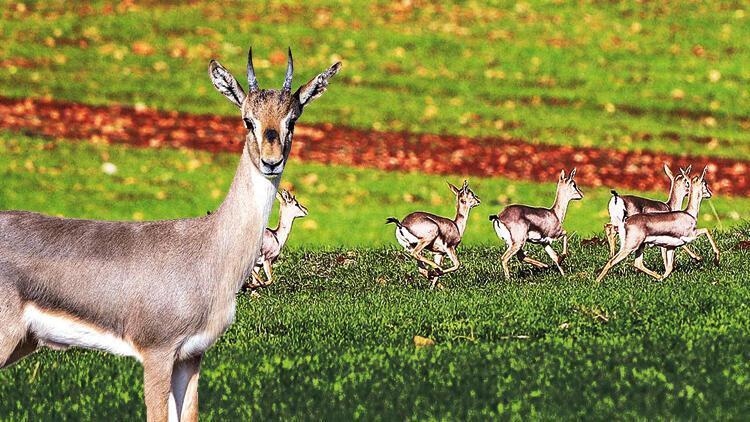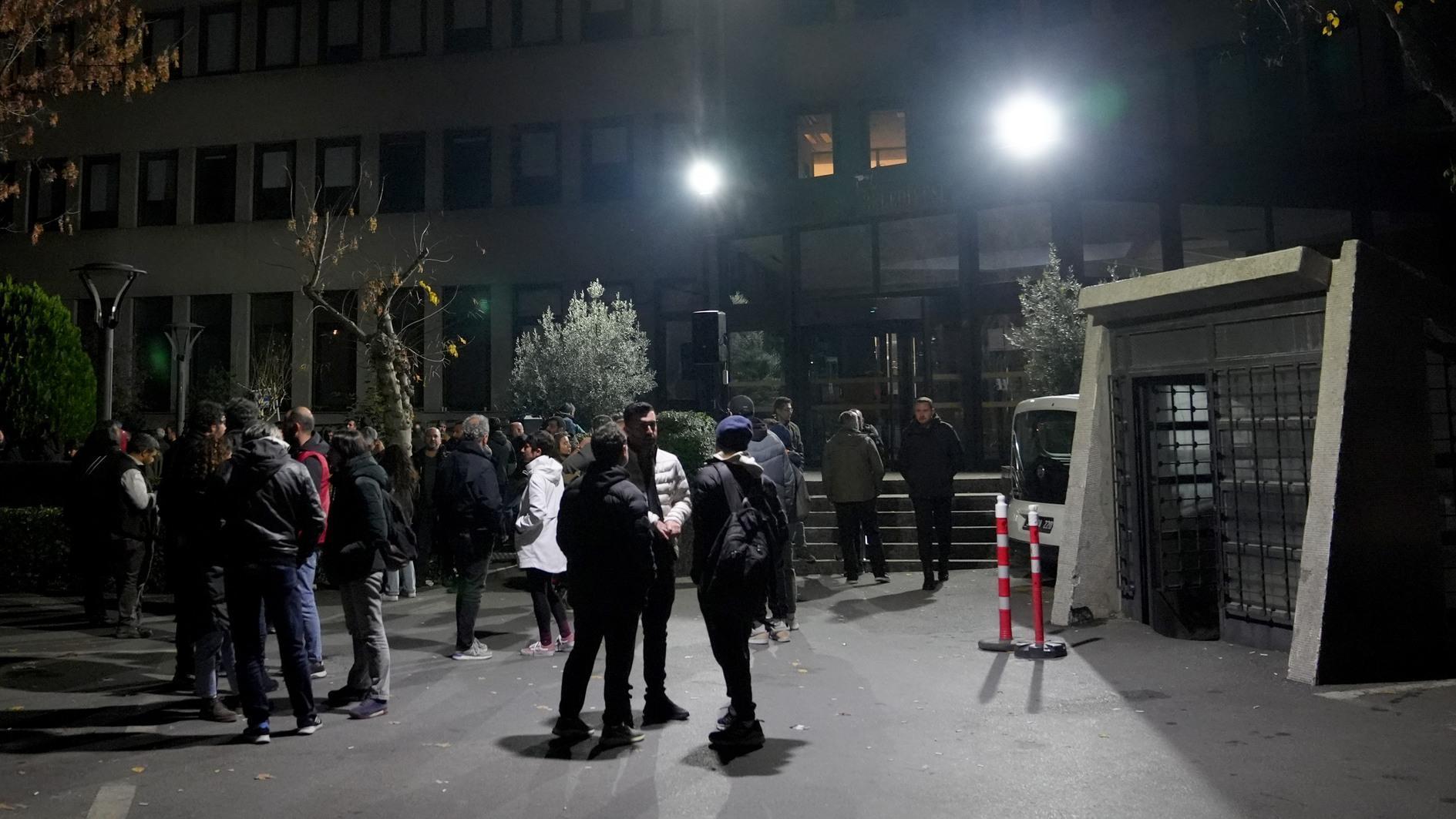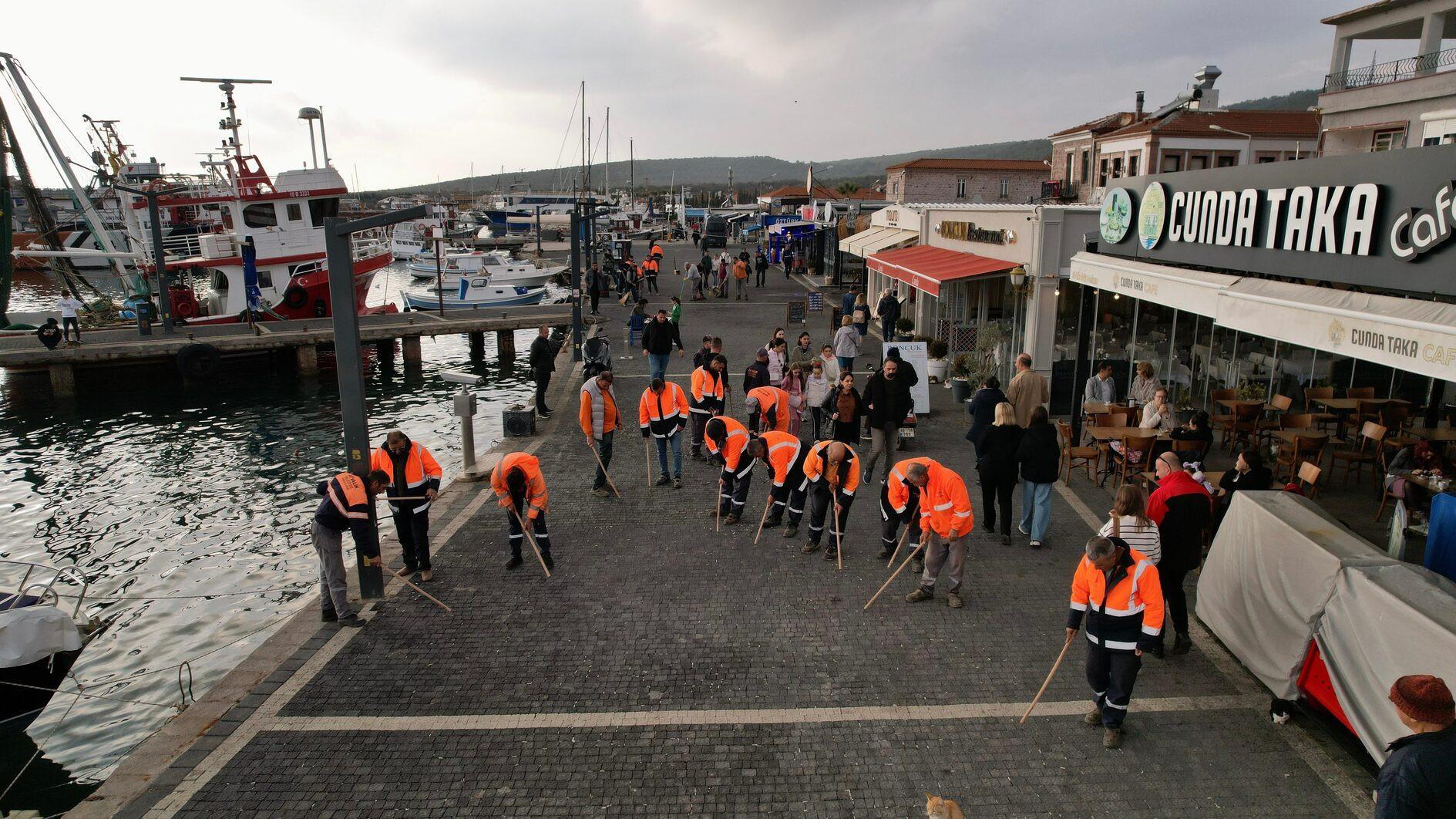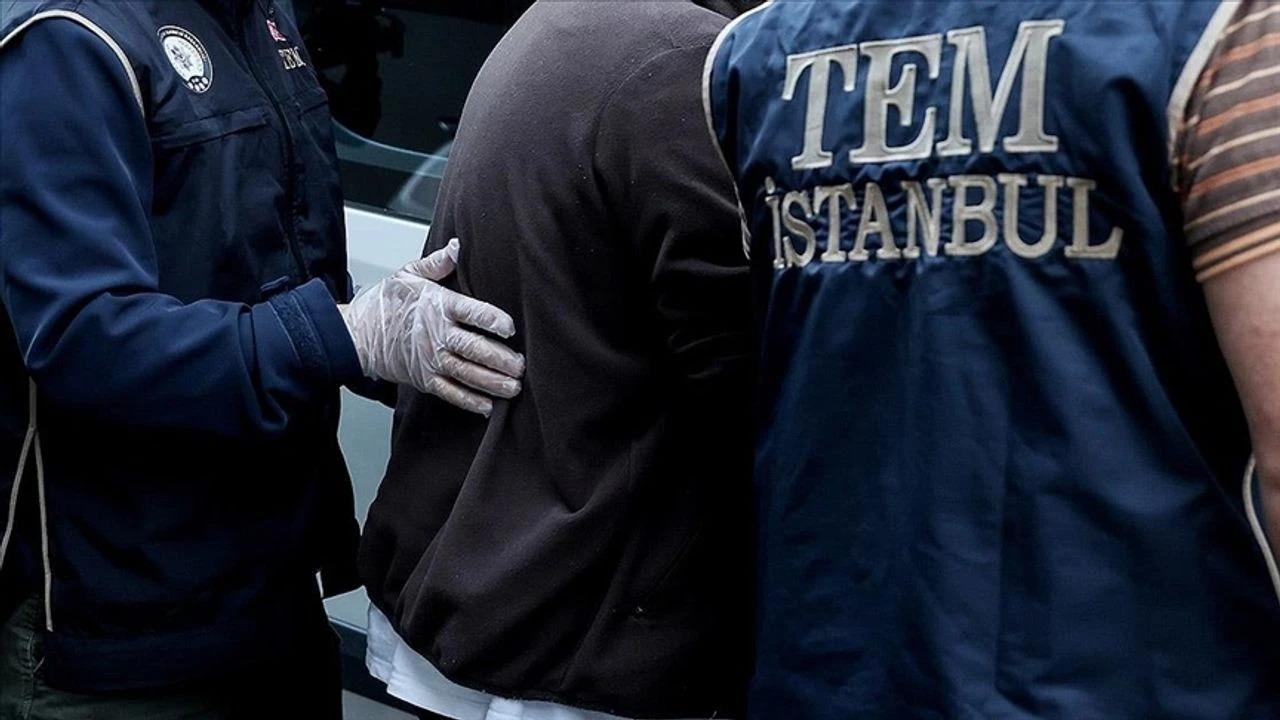Protection zone established for displaced Syrian gazelles
Musa Kesler – ANKARA

A protection zone has been designated for the endangered mountain gazelles in the southern province of Hatay, where they have been locked due to the rising border walls with neighbor country Syria.
A subspecies of Gazella Gazella, endemic to Hatay’s Kırıkhan and Reyhanlı districts and some areas inside Syria, was discovered in 2008.
“Their number has increased from 200 to 500 since they were first discovered. The northernmost areas of their natural habitat lie in Hatay. Now, besides Turkey, they only live in Israel under protection. In Syria and Lebanon, they became extinct,” said Tolga Kankılıç, an associate professor of zoology from Aksaray University.
“The local community in this region accept them as sacred living things … If they had not been protected by local residents, they would be extinct long ago,” he added.
Because Syria has been locked in a vicious civil war since early 2011, the mountain gazelle population there crossed the border and gathered in the countryside of Kırıkhan and Reyhanlı.
A presidential decree designating those lands as “Mountain Gazelles Wildlife Improvement Area” was published in the Official Gazette on Dec. 25.
Mountain Gazelle Production Station, established on a 160-decare field in the southern province’s Kırıkhan district by the General Directorate of National Parks in 2013, is being observed 24 hours a day, seven days a week.
The station also prevents mass deaths of gazelles in case of an epidemic disease. Wounded and sick gazelles are being treated with utmost care.
Mountain gazelles, which are one of the few mammals in which both sexes have horns, have adapted to live in dry, desert-like conditions. Spending most of their time at the top of mountains and hills, they traverse the hills to eat in light forests, fields or desert plateaus around dawn and dusk.
Ranging from 17 to 30 kilograms in weight, mountain gazelles can reach running speeds up to 80 kilometers per hour.
Border wall completed last year
Turkey shares a 911-kilometer (566-mile) border with Syria, a country plagued by civil war since 2011.
The construction of a 911-kilometer wall along the border with Syria was completed in 2018. It abuts the southeastern provinces of Hatay, Şanlıurfa, Kilis, Gaziantep, Mardin and Şırnak, making it the third longest wall in the world after the Great Wall of China and the U.S.-Mexico border wall.
The border wall incorporates physical, electronic and advanced technology components. The physical components include modular concrete walls, patrol routes, manned and unmanned towers and passenger tracks.
















